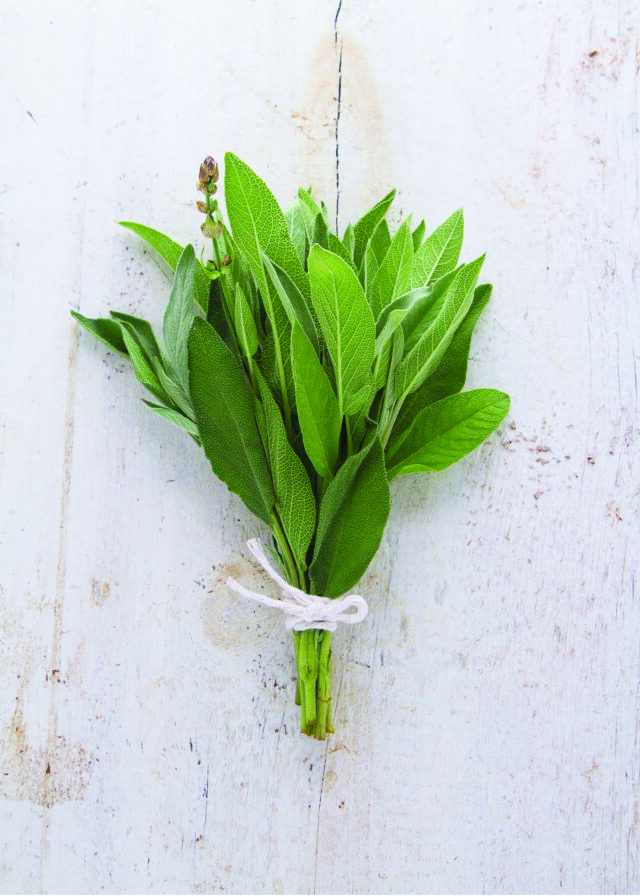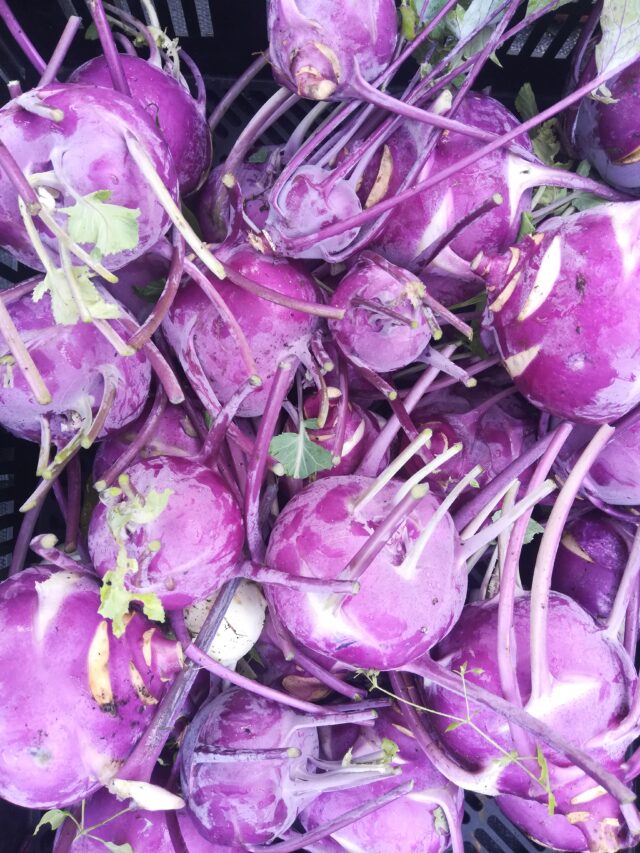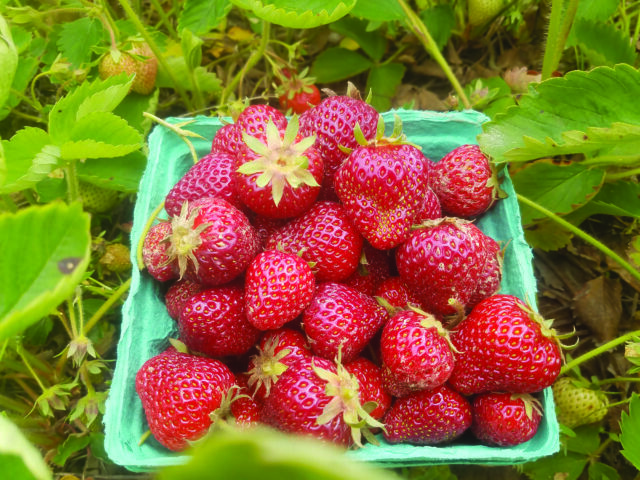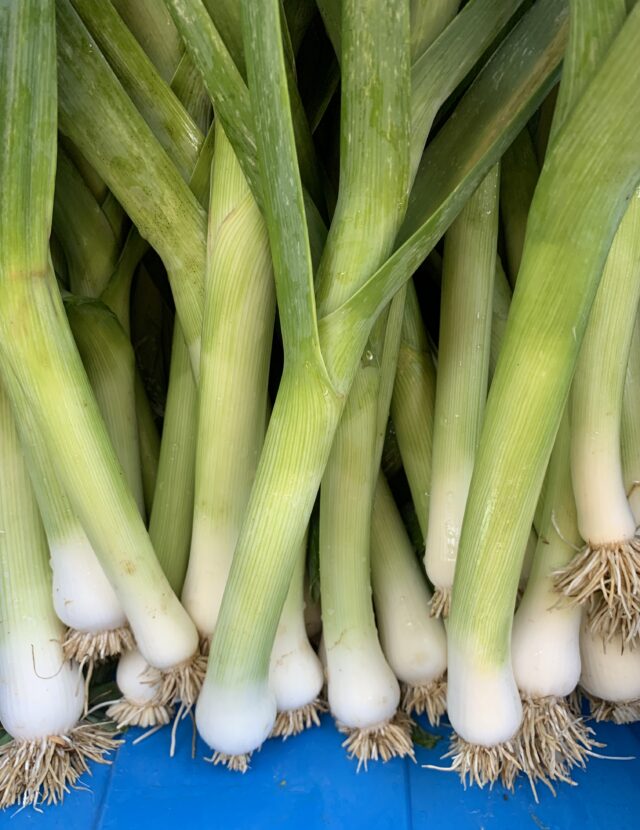
By Wyatt Schiff
CSA, otherwise known as community-supported agriculture, is based on commitment. Typically, CSA shareholders pay an initial fee for a share of crops and then pick up a basket of fresh produce from local farmers each week. Food from grocery stores is often overprocessed, packed with preservatives, and transported hundreds of miles, causing excess carbon emissions. Supporting local growers benefits the health of our bodies and our planet.
Balsam Farms, Amagansett
Amagansett’s Balsam Farms stand provides an abundance of fresh produce to the East End. Balsam offers a different basket to its shareholders each week, depending on what’s newly harvested, including its signature crop, sweet corn. However you serve it—grilled or steamed— this summer favorite is lauded by the stand’s loyal customers. balsamfarms.com

Bhumi Farms Seva
This nonprofit, plastic-free, spray-free and chemical-free farm works to provide fresh, healthy food to communities with the greatest need and least access. Seva—meaning “to be selfless in service”—relies on sales from the farm wagon and farm shares to help support food pantries, including NYC’s NY Common Pantry, and its farm wagon produce stand is filled with freshly harvested fruits and veggies (open daily, payment is via the honor system). Join the inaugural “The Great Hamptons Tomato Derby” this season—adopt two specialty heirloom tomato plants for $100, and harvest them on Labor Day. The plant with the most fruit or biggest tomato wins a prize—a portion of the program’s sales go to a local food bank in the winning family’s names. bhumifarms.com
East End Food Institute (EEFI)
Rather than collaborating with shareholders, the EEFI program operates as a virtual farmers market through an online store, where customers buy items a la carte from local vendors. The extensive online menu offers an array of ready-to-eat premade meals, baked goods and more. EEFI offers curbside pickup in Southampton, and twice-a-week delivery in the East End. shop.eastendfood.org

Green Thumb Organic Farm, Water Mill
Started by the Halsey family in 1644, Green Thumb is one of the oldest farms on the East End. Green Thumb invites CSA shareholders to pick up a weekly allotment of $20 worth of fresh vegetables and fruit. greenthumborganicfarm.com
Haskell’s Seafood, Calverton
Rather than a CSA, Haskell’s Seafood operates as a CSF (community-supported fishery). Each weekly shareholder’s basket includes seasonal seafood, and might include fish fillet, seafood salad and a frozen seafood dish. According to manager Peter Haskell, “Haskell’s Seafood is committed to bringing the bounties and seasonal seafood harvests of the North Atlantic right to your front door.” From $60 weekly. haskellsseafood.com
Quail Hill Farm, Amagansett
Amagansett’s Quail Hill Farm, now a stewardship project of the Peconic Land Trust, was founded a little over 30 years ago by eight to 10 families, with the goal of providing biodynamic and organic food to families. It is one of the oldest standing CSA systems on the South Fork, and offers seasonal subscriptions for summer and winter membership. peconiclandtrust.org

Sylvester Manor Educational Farm, Shelter Island
This farm stand is located at Sylvester Manor, one of the most historic sites on Shelter Island. Sylvester Manor has been operating under a CSA model since 2009; the distribution program has since grown exponentially. Rather than offering preselected bundles, the farm allows CSA shareholders a specified amount of fresh produce each week. Volunteers receive a discount on their weekly share. sylvestermanor.org





